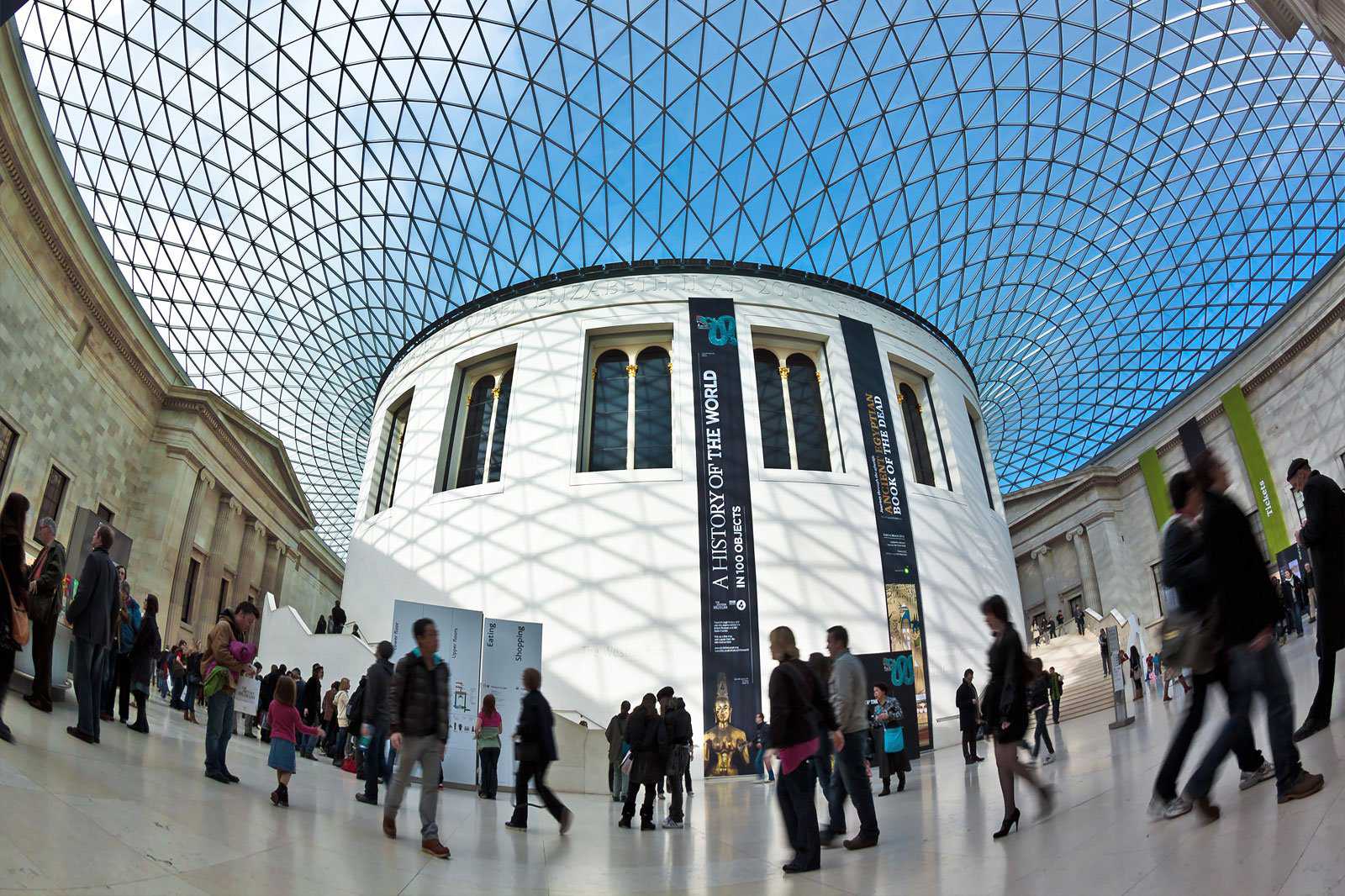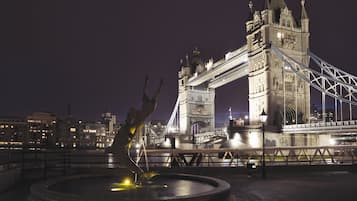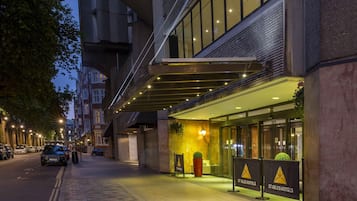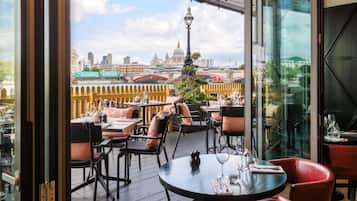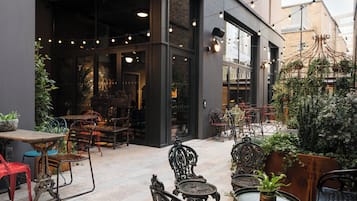A British Museum visit opens up one of the world’s greatest collections of treasures. There’s a plethora of incredible things to see at the British Museum, making it a fantastic day out for families, history buffs and even couples on a unique date. For 250 years, visitors have flocked to hotels in the Bloomsbury area of London to soak up human history. To this day, the museum remains one of the most popular museums in the world.
It's open almost every day of the year and the permanent collection remains completely free to marvel at. So, read on to discover things to see at the British Museum.
- 1
Ancient artefacts
A vast selection from 8 million objects

- History
With artefacts dating back 7,000 years from early near-eastern civilisations like Greece and Rome, the glory of the ancients is laid bare at the British Museum. The controversial but spectacular Elgin Marbles from Athens’ Parthenon are so vast they get their own room. The beautiful Lycurgus Cup is worth visiting, too. Considered to be Roman, it’s made from a special, color-changing glass.
The multilingual Rosetta Stone, which helped unlock the secrets of Egyptian hieroglyphics, always attracts a crowd and is considered the museum’s most visited artefact. While you’re in this section, be sure to check out the Egyptian mummies as they’re especially fascinating.
- 2
Intimate history
Interactive exhibits and displays

- Families
- History
It’s not just large-scale monuments which illustrate past lives, smaller items can be just as evocative. Spend some time exploring the intricate artefacts of the Enlightenment in the wood-panelled King’s Library or check out the famous Viking Lewis chessmen pieces.
Various galleries have objects from African weights to Roman coins you can pick up and examine for yourself, with volunteers around to answer questions. These hands-on desks are the most tactile way of getting in touch with the past. Workshops and demonstrations also offer immersive opportunities, so check the website before you visit for events tailored to both children and adults.
- 3
The Great Court
A landmark covered square
- Food
- Photo
Read moreAll of that exploring and learning is bound to work up an appetite, so refuel mind and body at the museum’s Great Court. The ground floor features cafes serving quick bites and snacks, ideal when you’ve got a full-to-bursting itinerary. If you’ve got more time to spare, dine in style under the magnificent arching roof, of which no 2 of the 3,312 panels of glass are the same shape.
The Great Court is an incredible 2 acres in size, with the Reading Room sitting proudly in the middle. There are several sculptures dotted around the space, so be sure to check them out after you’ve eaten.
- 4
Far-flung fancies
Precious antiquities from around the globe
- History
Though Europe has a rich and interesting history, the rest of the world has its own fair share of intriguing heritage. Explore the cultures of the Far East with Chinese jade, exquisite ceramics, Samurai armour and sumptuous prints on show. Australasia and Polynesia are highlighted in the Living and Dying exhibition’s thoughtful examination of ritual practices.
Africa’s extraordinary art can be seen in the Sainsbury galleries while Ancient Iran is represented by ornate accessories and silver plates. Special exhibits change regularly but can feature treasures such as war rugs from Afghanistan and decorated Middle Eastern weaponry. If you want to learn more, book onto a specialised guided tour.
